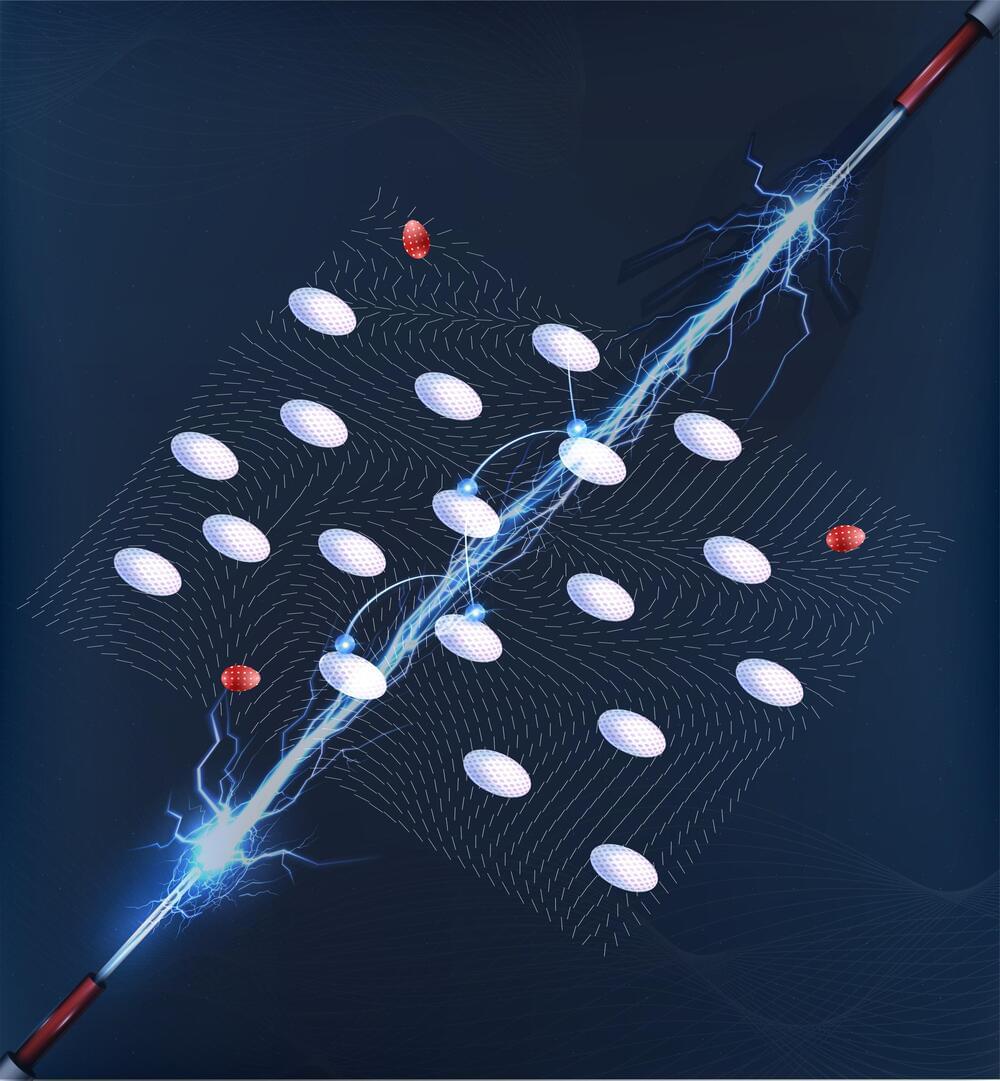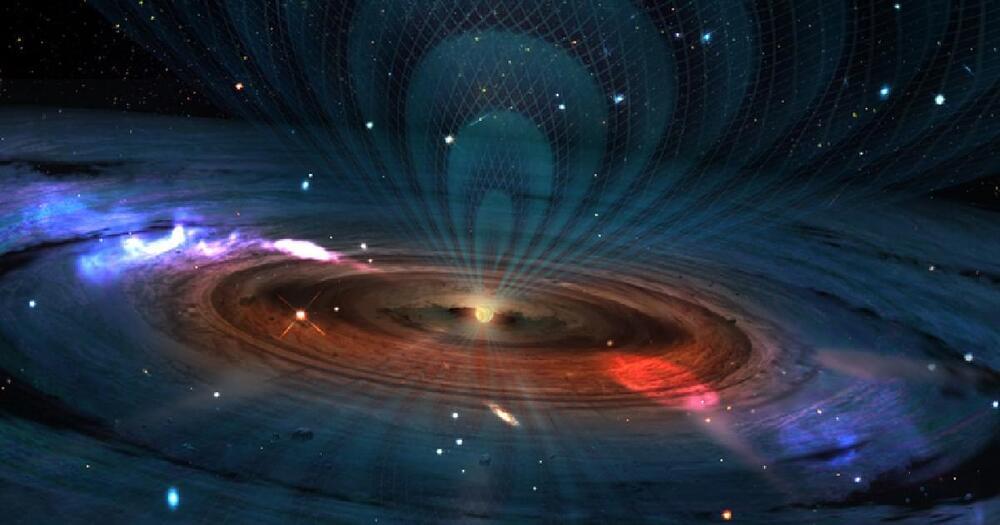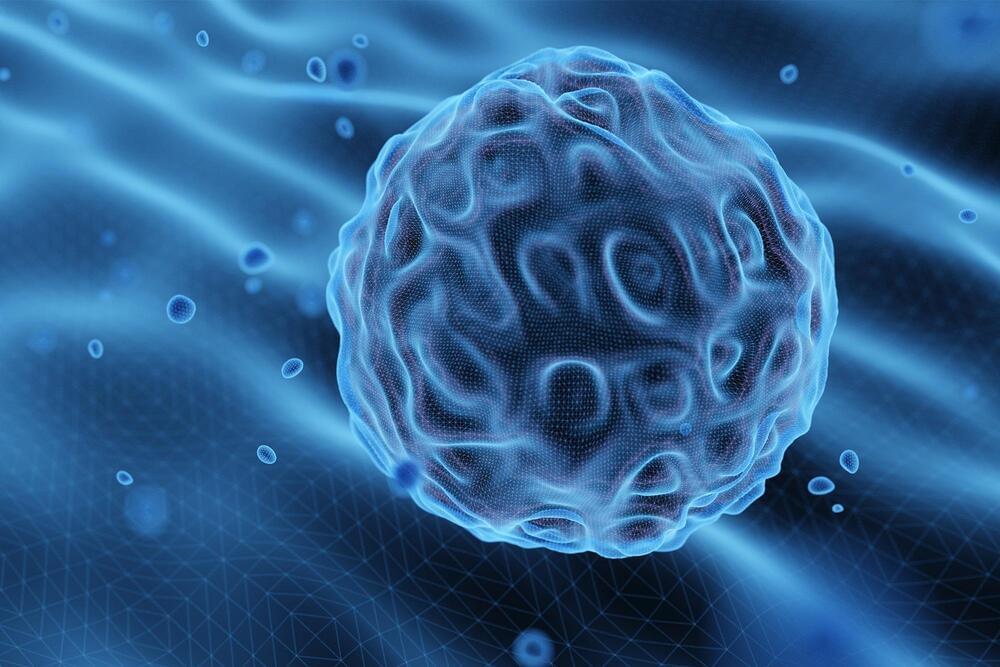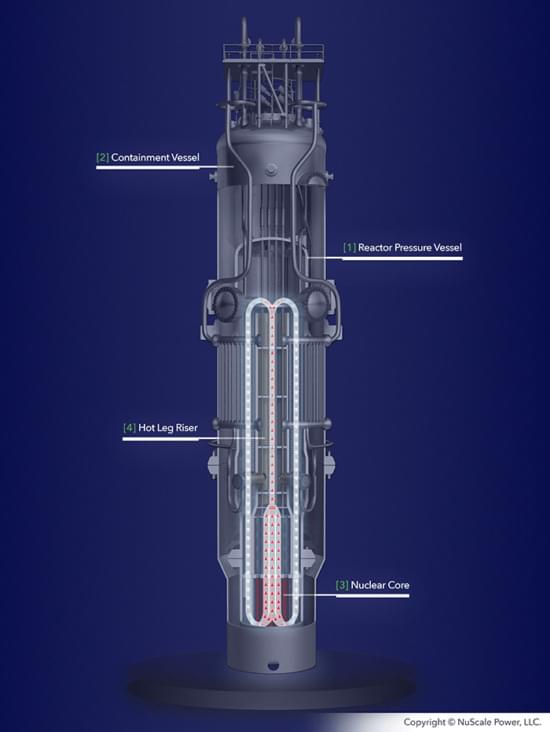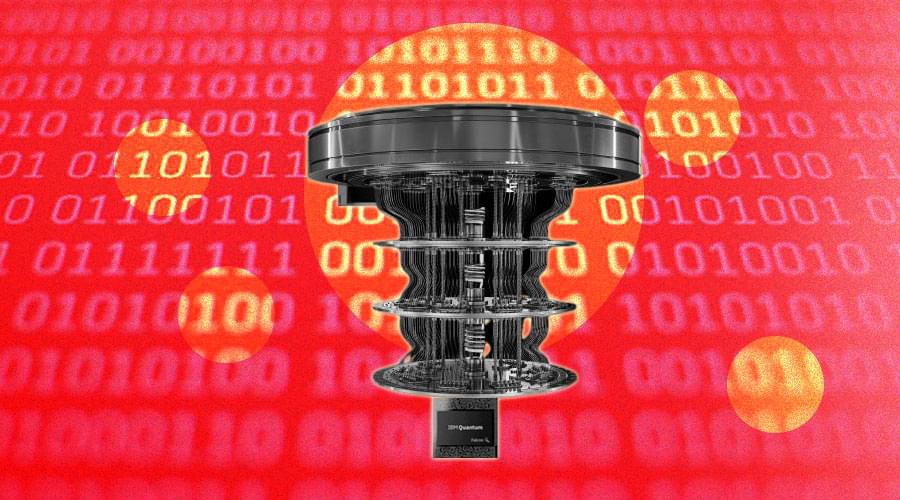Aug 3, 2022
Evidence of a new type of disordered quantum Wigner Solid
Posted by Genevieve Klien in category: quantum physics
Physicists have been trying to determine the ground states of 2D electron systems at extremely low densities and temperatures for many decades now. The first theoretical predictions for these ground states were put forward by physicists Felix Bloch in 1929 and Eugene Wigner in 1934, both of whom suggested that interactions between electrons could lead to ground states that had never been observed before.
Researchers at Princeton University have been conducting studies in this area of physics for several years now. Their most recent work, featured in Physical Review Letters, gathered evidence of a new state that had been predicted by Wigner, known as a disordered Wigner solid (WS).
“The phase predicted by Wigner, an ordered array of electrons (the so-called Wigner crystal or WS), has fascinated scientists for decades,” Mansour Shayegan, principal investigator for the study, told Phys.org. “Its experimental realization is extremely challenging, as it requires samples with very low densities and with appropriate parameters (large effective mass and small dielectric constant) to enhance the role of interaction.”
